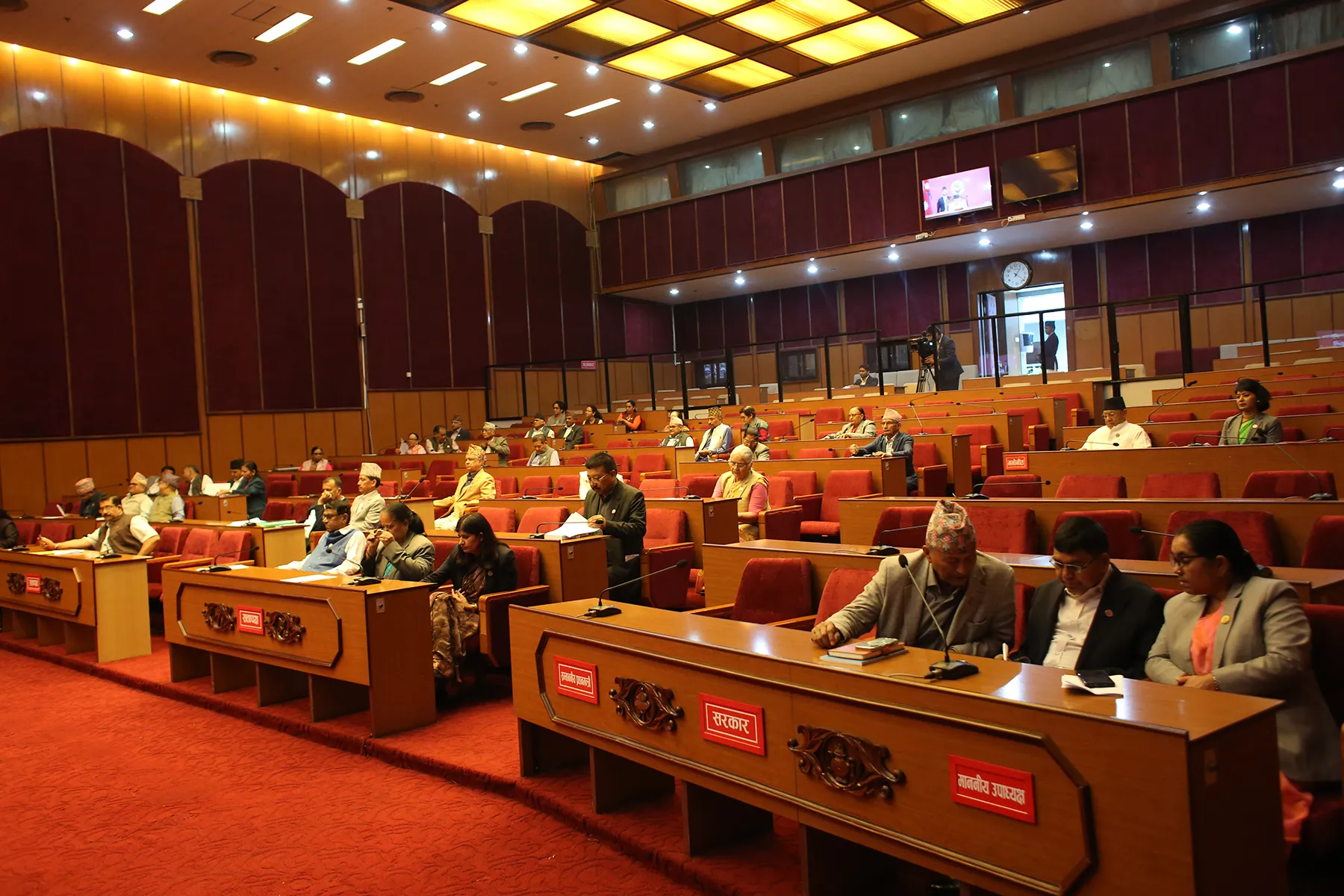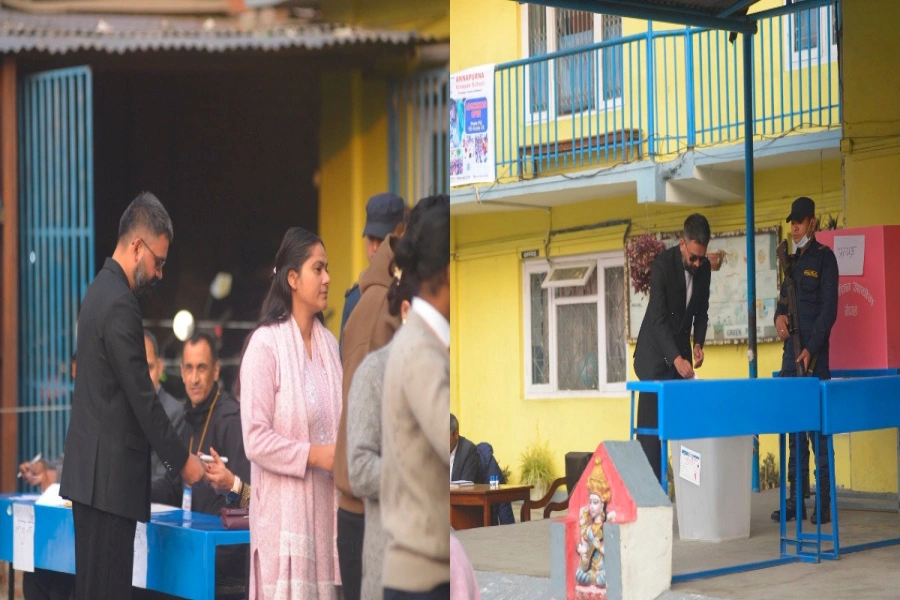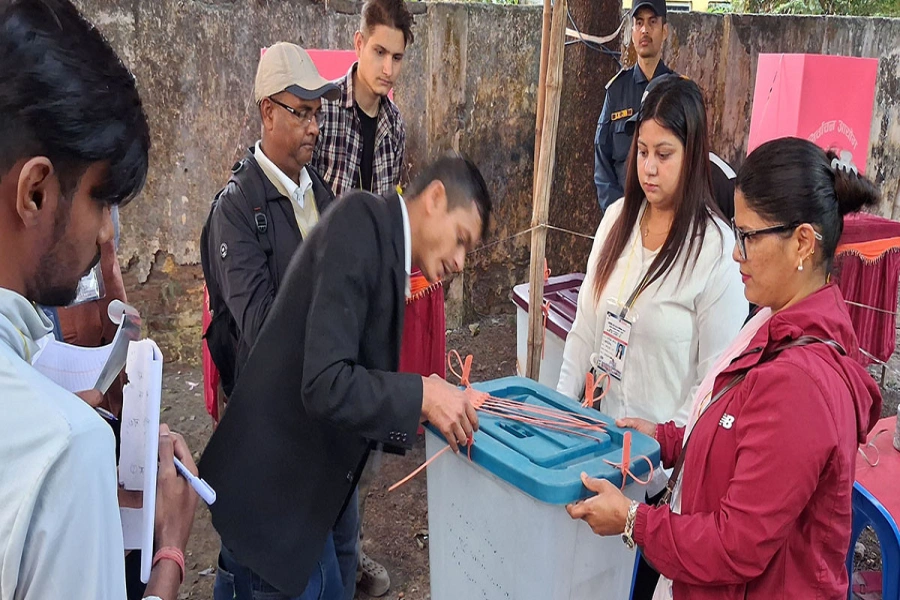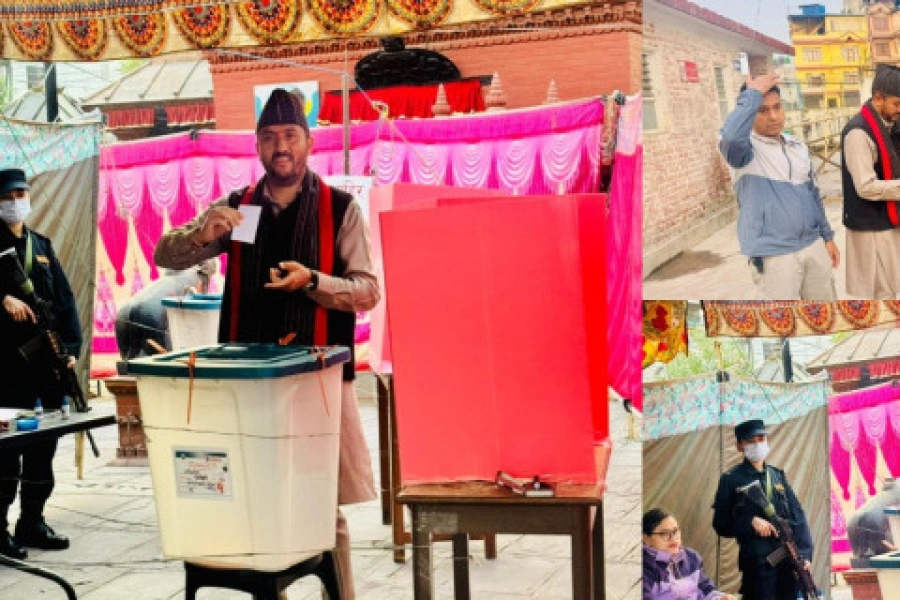KATHMANDU, June 6: Nepali Congress lawmaker Jitjung Basnet has emphasized the need to motivate civil servants by significantly raising their salaries to promote good governance and curb corruption.
Speaking at a discussion on the budget for the fiscal year 2025/26 during a meeting of the National Assembly on Friday, Basnet proposed civil servants’ salaries should be doubled, or even tripled considering the rising inflation. “We often hear that employees are inactive or corrupt, but are they truly at fault? With inflation and black market issues, let’s compare their pay with that of the police, army, or the private sector. Can they manage with that income?” he said, “To control corruption and ensure good governance, their salaries must be significantly increased.”
He noted that while the proposed budget is balanced and well-drafted, its successful implementation hinges on strong monitoring mechanisms. “The budget is not just a document of the ruling party; it represents national aspirations,” he added, “It’s not just about figures, it sets the direction for the country’s future and demands commitment to meeting public expectations.”
Bill bars local units from recruiting civil servants

Basnet also stressed the need for an alternative route to the Narayanghat–Muglin road section, calling it the country’s “lifeline.” Despite billions spent, he said the road remains unfinished and frequently disrupted by floods and landslides.
Meanwhile, CPN (Unified Socialist) lawmaker Jayanti Devi Rai criticized the budget, saying it failed to meet public expectations. “A two-thirds majority government should have presented a trust-inspiring budget, but this one falls short,” she remarked. Though a 5.6 percent increase from the current fiscal year is positive, she pointed out weak revenue collection. Rai also expressed concern over the low budget allocation for the Ministry of Women, Children and Senior Citizens, which handles over 80 percent of related work. She warned that without prioritizing agricultural production, the country cannot achieve self-sufficiency.
CPN-UML lawmaker Anjana Shakya echoed similar concerns, saying sustainable economic development is impossible without boosting production in agriculture and industry. She called for attractive agriculture programs aimed at the youth. She welcomed budgetary provisions for youth self-employment and agricultural promotion, particularly the tax exemptions for startups with annual transactions of up to Rs 100 million for five years.
Shakya noted that over 500 startups have already been registered in Nepal, and projected that by 2030, more than 10,000 startups and over 100 unicorn companies could emerge, potentially creating over 50,000 jobs.












_20230205122050.jpg)



-1200x560-1772642762.webp)





















